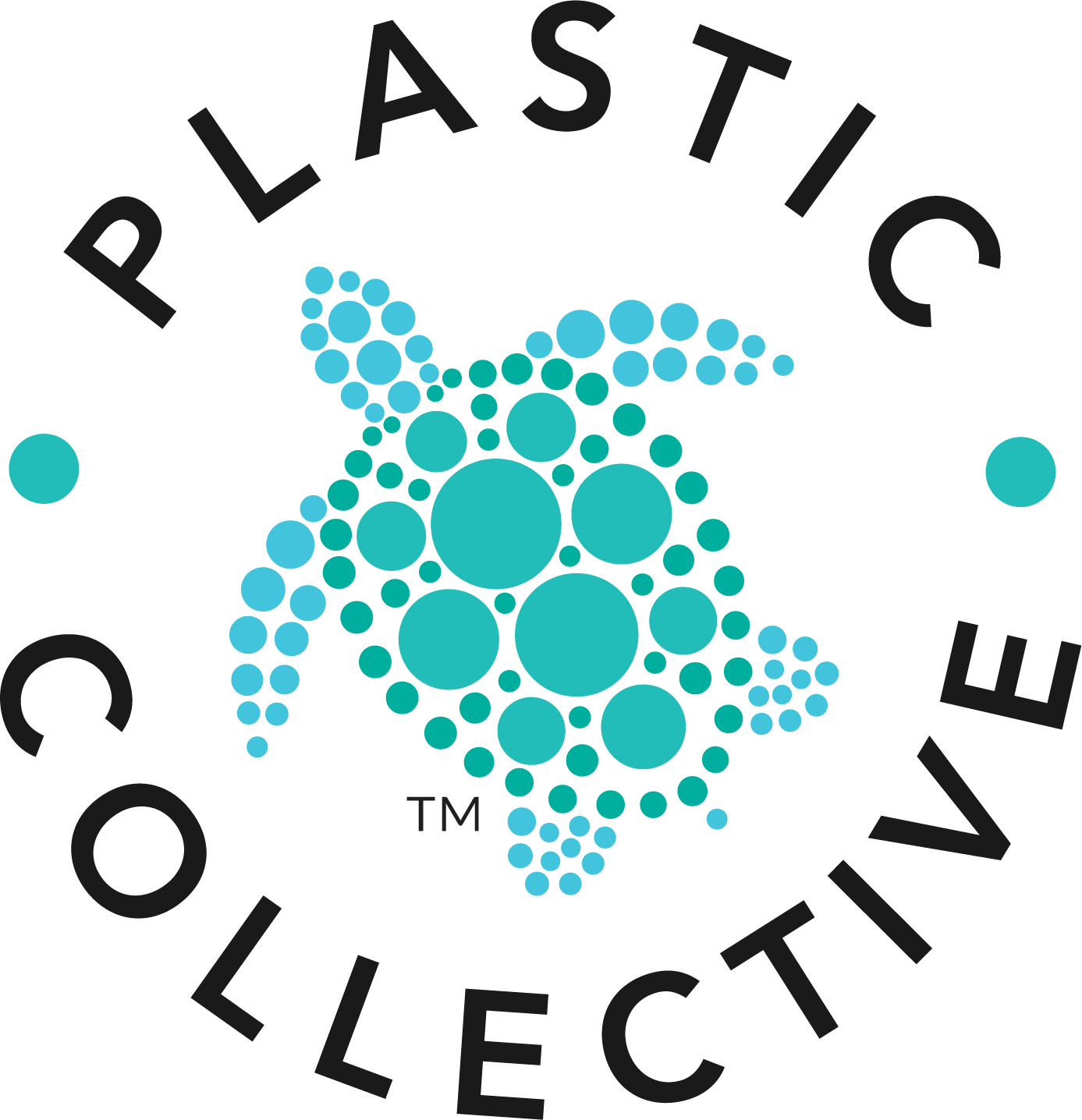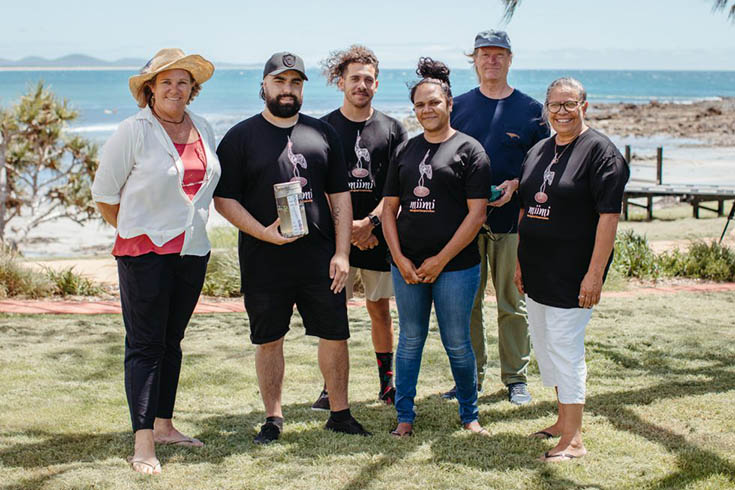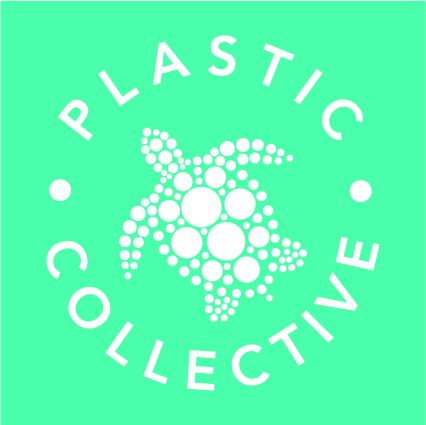A whale preservation charity will fund Australia’s first Indigenous-run marine plastic recycling enterprise, transforming waste plastic into objects of desire.
Gowings Whale Trust, the NFP environmental organisation started by Gowings, is financing the MiiMi Aboriginal Corporation to run a recycling operation for the Plastic Collective, giving recycled plastic a new life – out of our waterways and off our beaches.
“This partnership has the potential to be a really transformative project,” says Plastic Collective founder and CEO, Louise Hardman. “It will help employ local people and protect marine animals, while demonstrating what a circular economy looks like.”
The circular economy is based on recovering and recycling what was once regarded as waste plastic. But the waste is over, now plastic has a price.
Plastic recovered by Aboriginal Sea Rangers will be broken down and turned into plastic pellets with a monetary value, by the MiiMi Corporation. The process is funded by a donation of $167,000 from the Gowings Whale Trust to purchase a Shruder, the innovative plastic recycling machine invented by Louise Hardman. The pellets will be purchased by the Gowings company, Surf Hardware International, for the creation of surfboard fins and surf accessories. Completing the circle, Surf Hardware International donate 1% of their profits back to the Gowings Whale Trust, who are funding the Plastic Collective. Win-win-win-win-win.
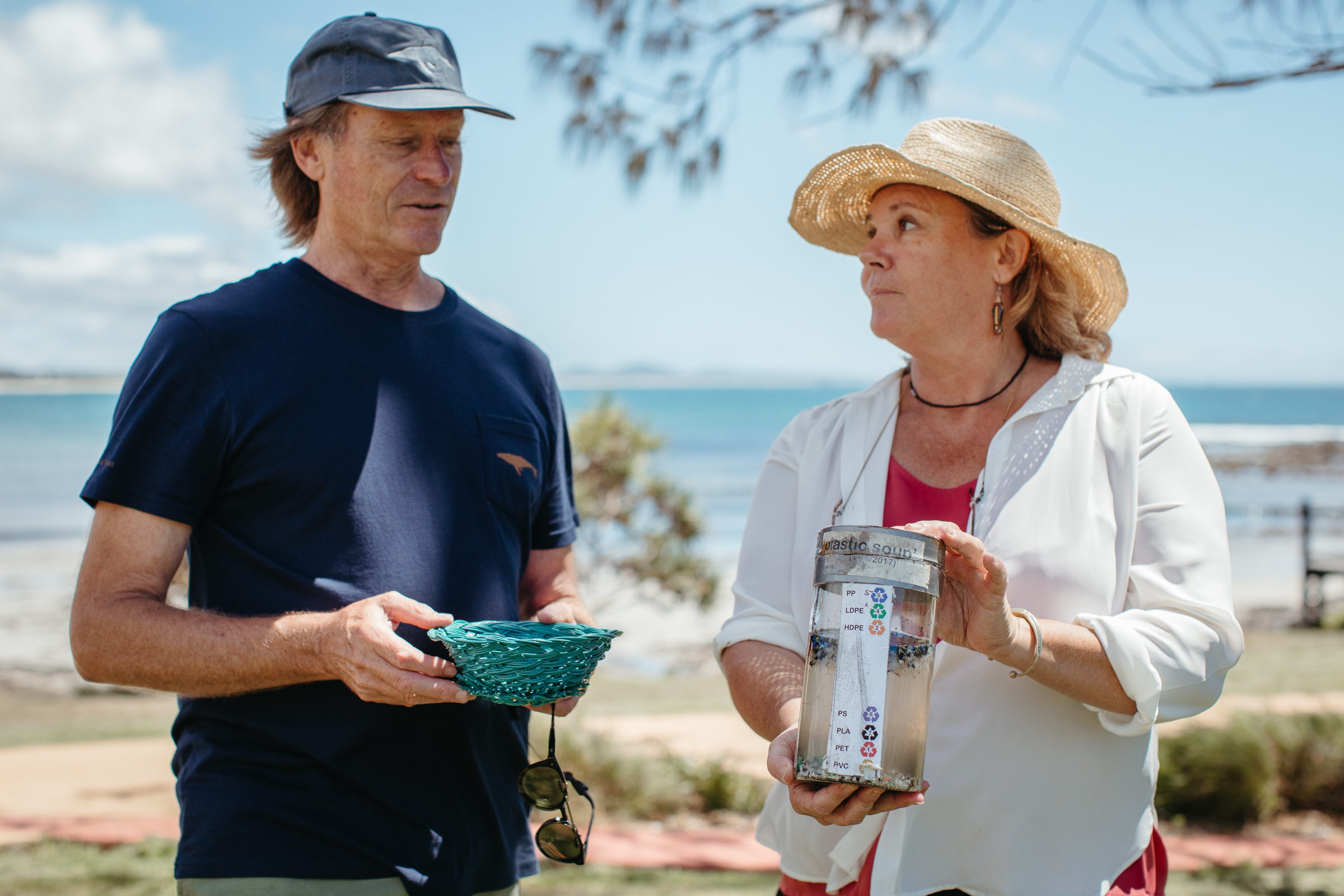
Figure 1. John Gowings (Gowings Whale Trust) and Louise Hardman (Plastic Collective)
Managing Director of Gowings and founder of Gowings Whale Trust, John Gowing, says he’s excited about the venture’s potential.
“One of the Whale Trust’s key objectives is to improve the quality of the ocean for whales and all marine creatures,” he explains. “We hope to use some of the recycled plastic to make products for our surfing business, Surf Hardware International.”
A resource recovery centre will soon be operational in Bowraville on the NSW mid-north coast. The centre will be staffed by six Aboriginal Sea Rangers from Bowraville, Nambucca and Macksville. They will salvage plastic from the Nambucca marine and river catchments and provide environmental data to the NSW Government.
“Most of the rangers already have a good working knowledge of the cultural aspects of the river and sea country,” explains SCU Adjunct Professor and Director of Aquamarine Australia, Steve Smith, who is guiding the rangers’ activities. “Fundamentally, this is about Indigenous people looking after the cultural and environmental values of their own river and sea country.”
According to project co-ordinator Janette Blainey, from MiiMi Aboriginal Corporation in Bowraville, the project will provide meaningful employment.
“It’s going to fulfil their birthright at the same time as providing an economically viable future,” she explains. “Country will be taken care of by the people whose place in country it is.”
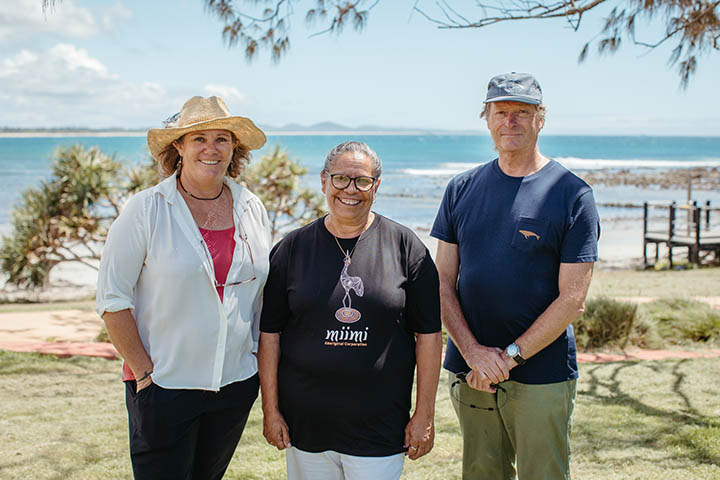
Figure 2. Louise Hardman (Plastic Collective), Patricia Walker (MiiMi), and John Gowings (Gowings Whale Trust)
Manager at MiiMi, Patricia Walker says it wouldn’t be possible without the support of Gowings Whale Trust.
“It’s great to know there are people with the wherewithal to do this who are really passionate about supporting this country and these waterways in the way that Gowings does,” she says.
As well as ocean and river plastic from the Nambucca Valley, a consistent supply of waste plastic has been secured from ports on the east coast of Australia. Plastic collection points will also be set up at Gowings’ shopping centre, Coffs Central.
Plastic Collective has established similar micro-enterprises in Indonesia, Malaysia and on the Whitsunday Islands. But Louise Hardman has long wanted to start a project close to home.
“I’m really happy because I feel like I’ve come full circle,” Louise says. “Having grown up in Coffs Harbour, I’ve had a strong relationship with the marine park, the wildlife, the turtles — this is the project I’ve been hoping for, for a long time.”
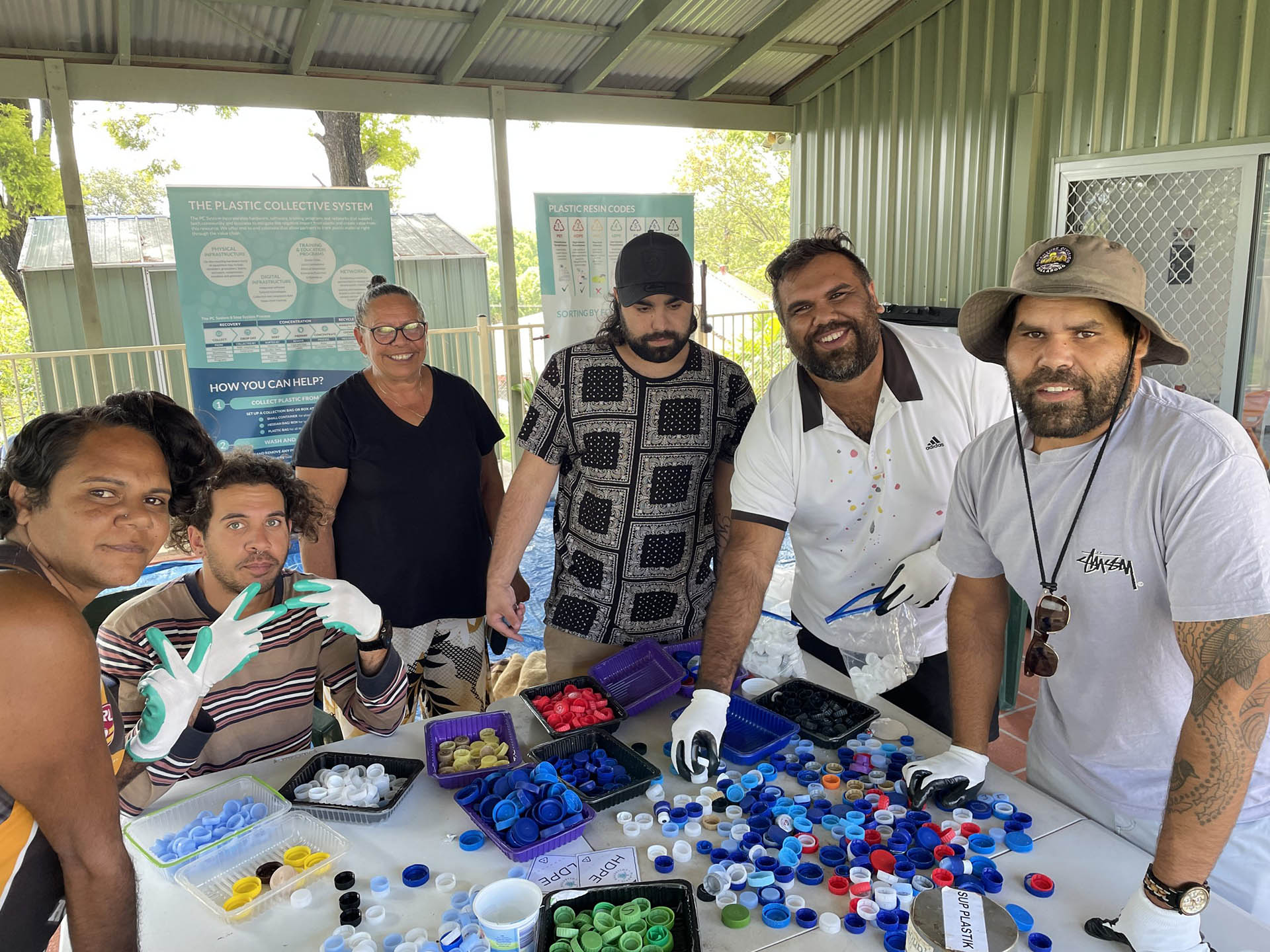
Figure 3. MiiMi Aboriginal Corporation. (Rowena Chapman, Leyam Buchanan, Patricia Walker, Corey Greenup-Stokes, Zac Stadhams, and Victor Buchanan)
